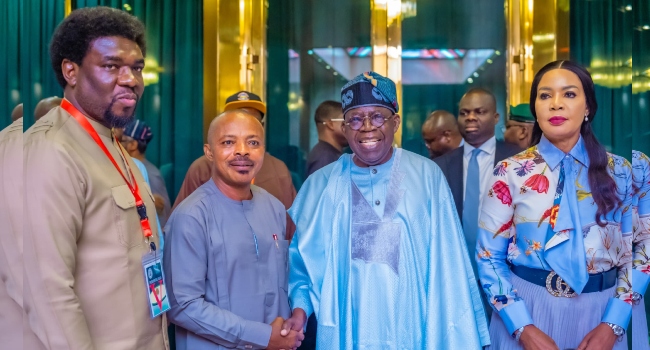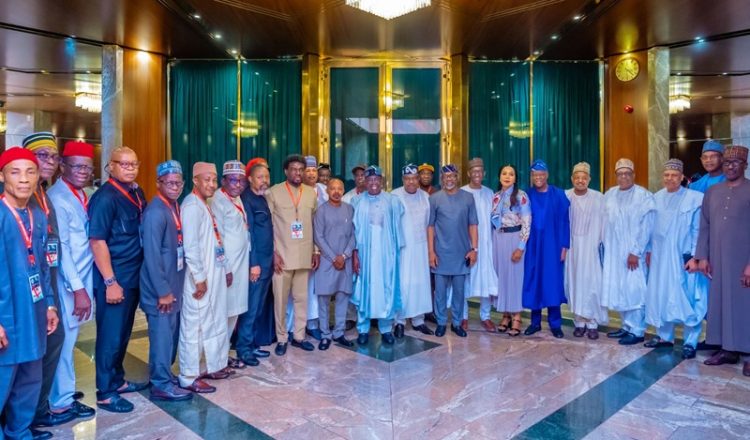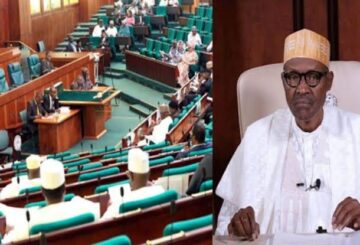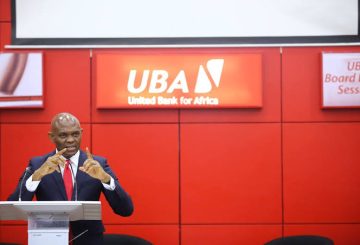In a significant development, Nigeria’s major labor unions have reached an agreement with the government to raise the national minimum wage to 70,000 naira ($44) per month, ending months of deadlock and averting potential strikes. The agreement, announced on Thursday, aims to address the severe cost of living crisis plaguing Africa’s most populous nation.

The Nigerian Labour Congress (NLC) and the Trade Union Congress (TUC) have been at the forefront of the push for higher wages, citing the detrimental impact of soaring inflation and a weakening currency on workers’ livelihoods. These economic challenges have been exacerbated by reforms introduced by President Bola Tinubu, including price hikes for electricity and gasoline.
Minister of Information Mohammed Idris, alongside union leaders, revealed the new wage, which more than doubles the previous minimum of 30,000 naira set in 2019. NLC President Joe Ajaero expressed mixed feelings about the increase, highlighting the tough economic conditions but emphasizing the need to move forward.
“We are taking this new 70,000 naira minimum wage with mixed feelings because of the situation of the economy. We have to move ahead despite the situation otherwise the negotiation can linger,” Ajaero said.
In a departure from past practice, the new agreement includes a provision to review the minimum wage every three years instead of the customary five years. This decision reflects the volatile economic environment and the unions’ commitment to ensuring that wages keep pace with inflation.
Earlier in June, the unions had suspended a planned strike to allow for negotiations, but they warned that failure to reach a satisfactory agreement could prompt renewed industrial action.
Idris confirmed that President Tinubu would promptly send the wage proposal to parliament for approval, ensuring it becomes law. Despite the financial strain, Tinubu has remained steadfast in his commitment to the reforms, even as he sought an additional $4 billion in spending to address budget shortfalls.
The government also announced plans to invest in infrastructure and renewable energy, including compressed natural gas plants and buses, to help lower transportation costs and alleviate some of the economic pressures on Nigerians.
As the country navigates these challenging times, the new minimum wage agreement represents a critical step towards improving the livelihoods of millions of workers, even as the broader economic challenges persist.
- Tags: Bola Ahmed Tinubu, Minimum Wage, Mohammed Idris, NLC, TUC





